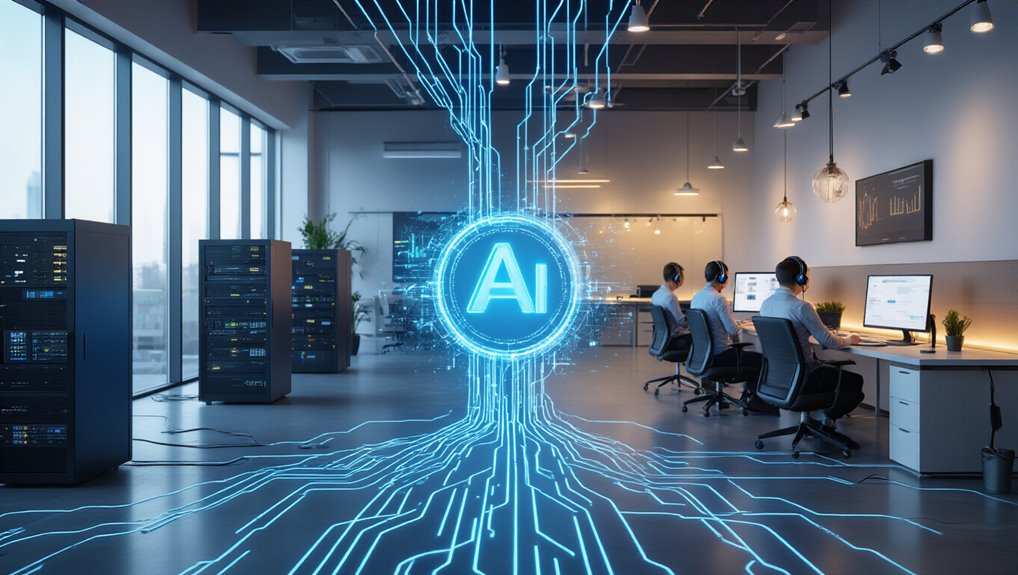As businesses race to modernize their customer service operations, the debate between AI chatbots and human agents continues to evolve with compelling evidence on both sides. Recent data shows 82% of customers prefer using chatbots immediately rather than waiting for human assistance, with 62% choosing chatbots over waiting for human agents altogether. This preference stems from efficiency—AI chatbots operate three times faster than human agents and reduce first response times by 37%.
The financial impact is equally significant. AI reduces per-interaction costs from approximately $6 with human agents to just $0.50 with chatbots—a 12x difference. Organizations implementing AI in customer service report handling 13.8% more inquiries per hour while decreasing level 1 ticket volume by 61%. These efficiencies translate directly to improved customer experiences, with AI-powered personalization boosting customer satisfaction scores by 27%. These gains mirror the benefits seen in IT service management, where generative AI integration has reduced resolution times by up to 75% through automated workflows. Despite these advantages, 89% of high-value customers still show a strong preference for human interaction when dealing with complex issues.
However, human agents maintain critical advantages in specific scenarios. They excel in complaint handling (91% satisfaction), complex problem-solving (88% satisfaction), and emotionally sensitive situations (94% satisfaction). While AI can resolve up to 86% of customer questions without human assistance, 85% of consumers believe most issues ultimately require human intervention. Consumer sentiment reflects significant concerns, with 59% feeling that AI has resulted in a loss of human touch in customer service experiences.
The ideal approach appears to be collaboration rather than competition. Human agents assisted by AI respond faster and with greater empathy, improving overall customer sentiment. This hybrid model addresses chatbots’ limitations with complex queries, where resolution rates can be as low as 17% for billing issues and 58% for returns and cancellations.
For businesses implementing customer service technology, consider these key insights:
- Deploy AI for routine questions and transactions where satisfaction reaches 87%
- Reserve human agents for complex issues requiring empathy and nuanced understanding
- Implement AI-human handoff protocols that feel seamless to customers
- Monitor satisfaction metrics across both channels to optimize resource allocation
The future of customer care isn’t about choosing between AI and humans—it’s about leveraging each where they perform best.









